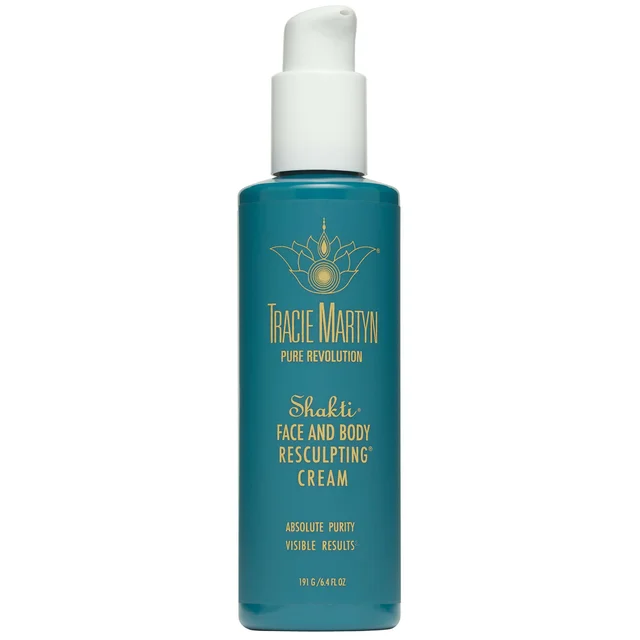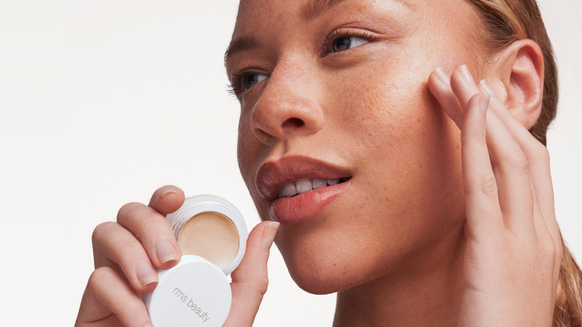What Are Stretch Marks, and What Causes Them?
For every "love your lines" online campaign, the reality is that most people still have a hard time coming to terms with their stretch marks. These superficial scars that can develop any time the dermis layer of the skin is torn, are caused by a variety of reasons including genetics, pregnancy and rapid weight or muscle gain. While certain individuals are more predisposed to stretch marks than others, there are ways to prevent them from getting worse.
Bodily Changes
Especially prevalent among pregnancy, 90 percent of women will get them sometime during the third trimester. Caused by both stretching skin and hormonal factors, pregnancy stretch marks are more common in younger women with larger babies, and women with higher body-mass indexes. Emollients, oils and creams are often used in an attempt to prevent stretch marks, yet there is no scientific evidence that any moisturizing cream or oil can prevent or treat stretch marks. Obesity is yet another factor, as weight gain forces the body to literally stretch out, and stretch marks are very common among obese children and adults.
Genetics and Diseases
Genetics are another factor to consider, as if your mom developed stretch marks during her pregnancy you have a greater risk of developing more severe stretch marks during pregnancy. However, genes aren't necessarily associated with isolated stretch marks that affect most of the population. Certain diseases can also contribute to stretch marks. Cushing disease is often associated with purple stretch marks on areas like the abdomen, thighs and breasts, and those with Ehlers-Danlos syndrome often have highly elastic and stretchy skin.
Medications
Believe it or not, medications like topical steroids can also contribute to stretch marks. One of the most common side effects of steroids is the thinning of the skin, which ultimately causes stretch marks. In addition, prolonged use of topical corticosteroids can contribute to causing stretch marks.
Available Treatment Options
While no treatment is considered entirely effective, certain topical therapies, such as retinoids and laser treatments can prove worthwhile. Speak to your dermatologist about any options suited to you. And, keep in mind that stretch marks often fade with time, thankfully.
This article has been reviewed by board-certified dermatologist Dr. Emmy Graber.

From the latest hair and makeup trends to the best solutions for your skin issues, we've got all your beauty concerns covered!









